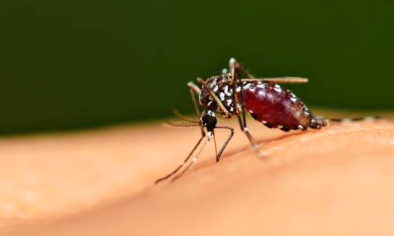Science Source
Ocean currents modify the coupling between climate change and biogeographical shifts
- States that biogeographical shifts are a ubiquitous global response to climate change
- Uses a global meta-dataset of observed range shifts of marine species to show that incorporating directional agreement between flow and climate significantly increases the proportion of explained variance.
- Proposes a simple metric that measures the degrees of directional agreement of ocean (or air) currents with thermal gradients and considers the effects of directional forces in predictions of climate-driven range shifts
- Finds that ocean flows are to both facilitate and hinder shifts depending on their directional agreement with spatial gradients of temperature
- Finds that effects are shaped by the locations of shifts in the range (trailing, leading or centroid) and taxonomic identity of species
- These results support the global effects of climatic changes on distribution shifts and stress the importance of framing climate expectations in reference to other non-climatic interacting factors
Related Content
Headline

Nov 1, 2017 | Independent.ie
Malaria mosquito species found in Ireland
Headline
Sep 21, 2017 | Thomson Reuters Foundation
Iceland reaps riches from warming oceans as fish swim north
Science Source
| Global Change Biology
Leap‐frog in slow‐motion: divergent responses of tree species and life stages to climatic warming in Great Basin sub‐alpine forests
Smithers, Brian V., North et al
Headline

Sep 14, 2017 | AP News
Scientists: Future of oldest tree species on Earth in peril


